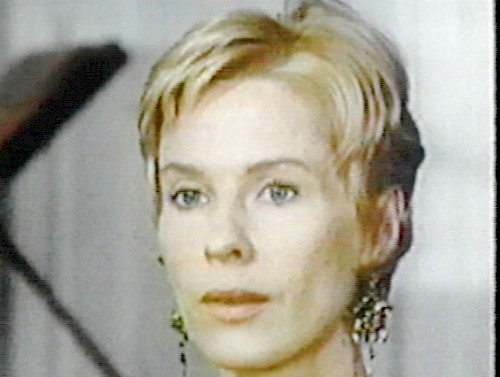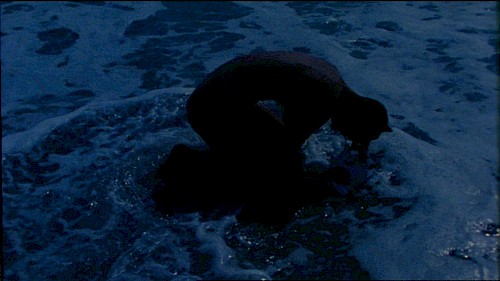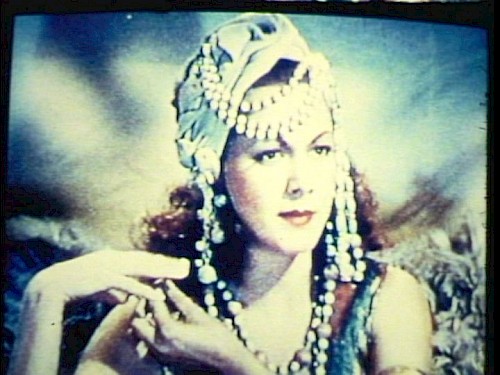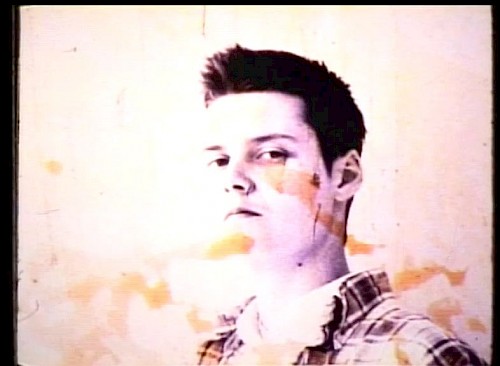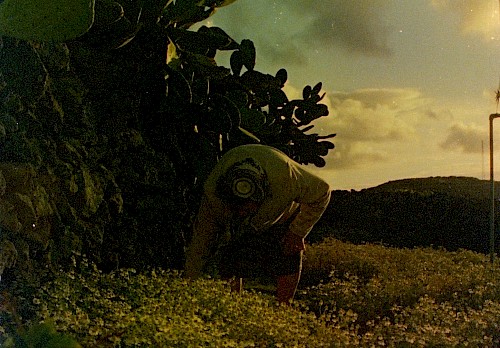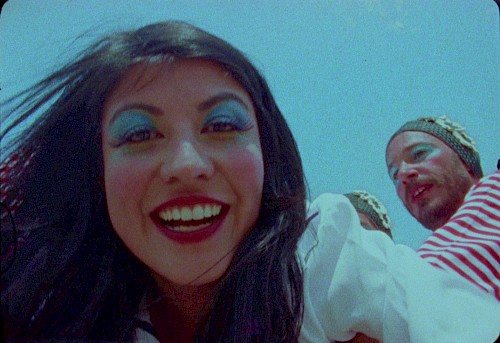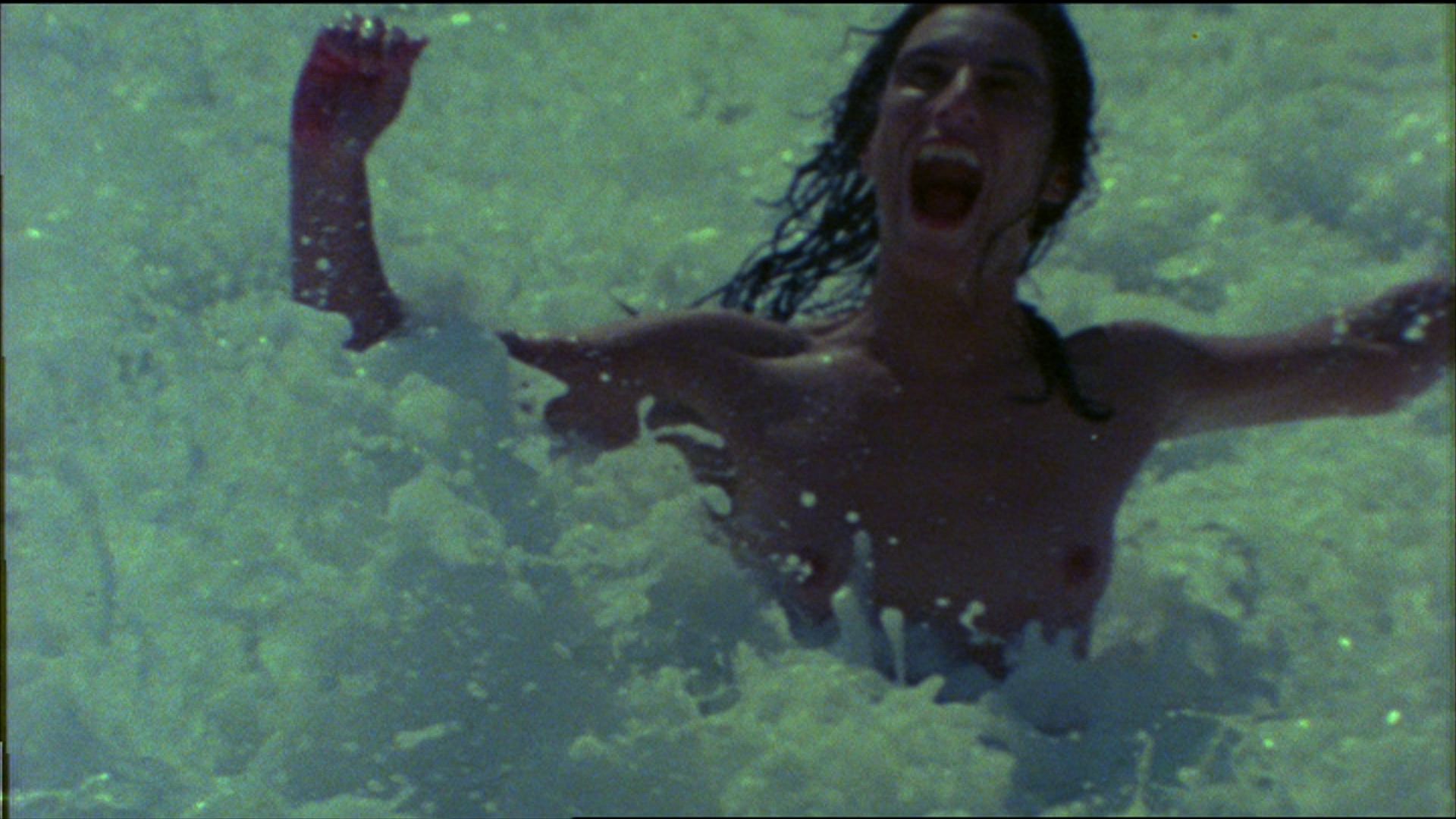To say in a few words why this title: in the 90’s, I started to make movies and my first rolls. I saw I, You, He, She by Chantal Akerman and Dyketactics by Barbara Hammer, but I had not yet seen The Watermelon Woman by Cheryl Dunye. For my first film, Quand la mer débordait, I shot in black and white Super 8. I tell the story of a break-up between two women in love. I borrowed the music from Belladonna 9ch, a lesbian independent rock band from Marseille.
In the 90s on both sides of the Atlantic, groups of girls mobilized to claim their presence on an independent music scene and the pop industry. They manifested a rise in women’s power, a Girls Power and a rebellion against oppression, domestic violence, rape and racism. They imposed themselves, Spice Mania is planetary in only two albums, Riot Grrrls more confidential, close to the DIY movements, fanzines, will mark the spirits beyond music (before being recovered by the fashion industry and researchers of trend), until today. See the exhibition entitled Computer Grrrls 1 at the Gaité Lyrique last spring.
The first part of the evening opens with a program of filmmakers who are almost all part of the Collectif Jeune Cinéma. Two funny and colorful films by Marie Losier and Maïa Cybelle Carpenter’s film offer a look at non-binary and plural bodies and identities. Amy Greenfield’s Tides , or how to put your naked body to the test of the waves to scream with joy. An apogee of rolling. Moira Tierney and Masha Godovannaya reunited to hustle and fight an Irish Saint Patrick, snake hunter. A wind of anarchism with the co-direction of Helena Girón and Samuel M. Delgado. And Ayo Akingbade, a young artist (not yet a member of the CJC), who could say about her film: “I started making films out of necessity. I didn’t see any films or content that referred to my lived experience or that of my relatives. Born out of frustration with my film studies and a certain dogma, I made Tower XYZ knowing that it was my voice, the identity of a young Anglo-Nigerian woman.” A statement that recalls Barbara Hammer’s early statement about lesbian cinema
—
Laurence Rebouillon
